When it comes to selecting the ideal tiles for your business, two popular options often come to mind: ceramic and porcelain. While both are excellent choices, understanding the differences between the two is crucial in making an informed decision. In this article, we will explore the characteristics and benefits of ceramic and porcelain tiles and help you determine which one is best suited for your business needs. 1. Composition and Manufacturing Process: Ceramic tiles are made from a mixture of clay, minerals, and water. They are then molded and fired at high temperatures. Porcelain tiles, on the other hand, are made with a higher content of finely ground sand and are fired at even higher temperatures, resulting in a denser and more durable product. This difference in composition and manufacturing process affects their overall performance and suitability for various applications.
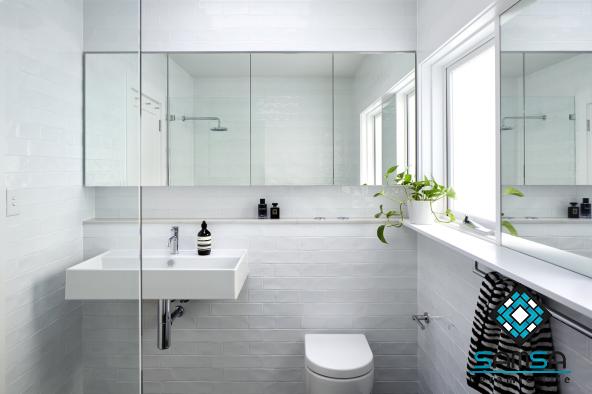
.
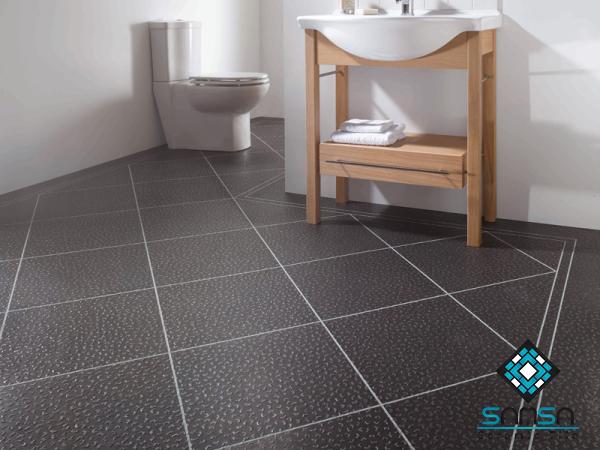 2. Durability and Strength: Porcelain tiles are known for their exceptional strength, making them more resistant to cracks, chips, and scratches. This durability makes them an excellent option for high-traffic areas, such as commercial spaces, where strength is paramount. Ceramic tiles, while less durable than porcelain, still offer good resistance to wear and tear but may be more prone to damage in certain circumstances. 3. Water Resistance: Porcelain tiles have a lower water absorption rate compared to ceramic tiles. This property makes porcelain tiles highly water-resistant, making them perfect for areas with high moisture levels, such as bathrooms and kitchens. Ceramic tiles, while also water-resistant, are more suitable for areas with less moisture exposure, such as hallways and offices.
2. Durability and Strength: Porcelain tiles are known for their exceptional strength, making them more resistant to cracks, chips, and scratches. This durability makes them an excellent option for high-traffic areas, such as commercial spaces, where strength is paramount. Ceramic tiles, while less durable than porcelain, still offer good resistance to wear and tear but may be more prone to damage in certain circumstances. 3. Water Resistance: Porcelain tiles have a lower water absorption rate compared to ceramic tiles. This property makes porcelain tiles highly water-resistant, making them perfect for areas with high moisture levels, such as bathrooms and kitchens. Ceramic tiles, while also water-resistant, are more suitable for areas with less moisture exposure, such as hallways and offices.
..
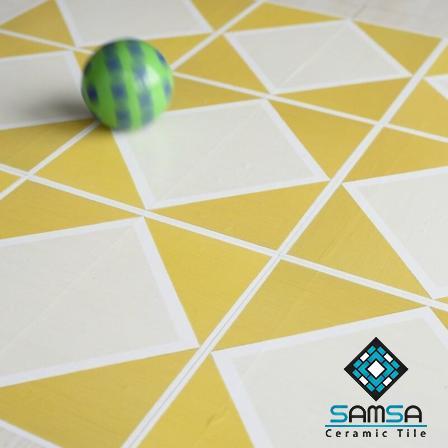 4. Design and Aesthetics: Both ceramic and porcelain tiles offer a wide range of design options, allowing you to achieve the desired look and feel for your business. Ceramic tiles come in various patterns, colors, and textures, making them versatile for creative designs. Porcelain tiles often mimic the appearance of natural materials like stone or wood, offering a more refined and luxurious aesthetic. 5. Maintenance and Longevity: Porcelain tiles are easier to clean and maintain due to their low porosity, making them highly resistant to stains and spills. They are also less likely to fade or wear over time. Ceramic tiles, while still relatively easy to maintain, may require more frequent sealing and cleaning to retain their original appearance. 6. Cost: Cost is often a significant factor in decision-making. Generally, ceramic tiles are more budget-friendly compared to porcelain tiles. Still, the cost difference may vary depending on factors such as tile size, design complexity, and manufacturer.
4. Design and Aesthetics: Both ceramic and porcelain tiles offer a wide range of design options, allowing you to achieve the desired look and feel for your business. Ceramic tiles come in various patterns, colors, and textures, making them versatile for creative designs. Porcelain tiles often mimic the appearance of natural materials like stone or wood, offering a more refined and luxurious aesthetic. 5. Maintenance and Longevity: Porcelain tiles are easier to clean and maintain due to their low porosity, making them highly resistant to stains and spills. They are also less likely to fade or wear over time. Ceramic tiles, while still relatively easy to maintain, may require more frequent sealing and cleaning to retain their original appearance. 6. Cost: Cost is often a significant factor in decision-making. Generally, ceramic tiles are more budget-friendly compared to porcelain tiles. Still, the cost difference may vary depending on factors such as tile size, design complexity, and manufacturer.
…
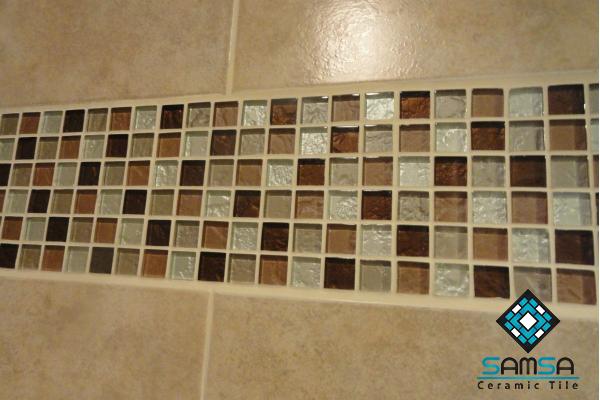 Conclusion: When considering ceramic tile vs porcelain tile for your business, it’s essential to evaluate factors such as durability, water resistance, aesthetics, maintenance requirements, and cost. While porcelain tiles offer superior strength and water resistance, ceramic tiles are a more affordable option with a wide range of design possibilities. Ultimately, the choice between ceramic and porcelain tiles will depend on your business’s specific needs and budget. Consulting with a professional tile supplier can help you make an informed decision that aligns with your goals and requirements.
Conclusion: When considering ceramic tile vs porcelain tile for your business, it’s essential to evaluate factors such as durability, water resistance, aesthetics, maintenance requirements, and cost. While porcelain tiles offer superior strength and water resistance, ceramic tiles are a more affordable option with a wide range of design possibilities. Ultimately, the choice between ceramic and porcelain tiles will depend on your business’s specific needs and budget. Consulting with a professional tile supplier can help you make an informed decision that aligns with your goals and requirements.
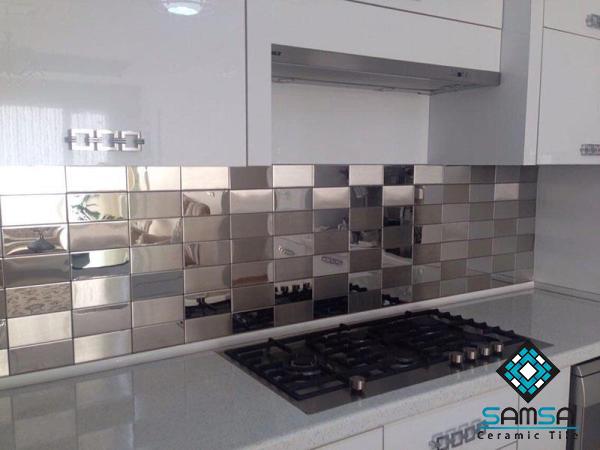
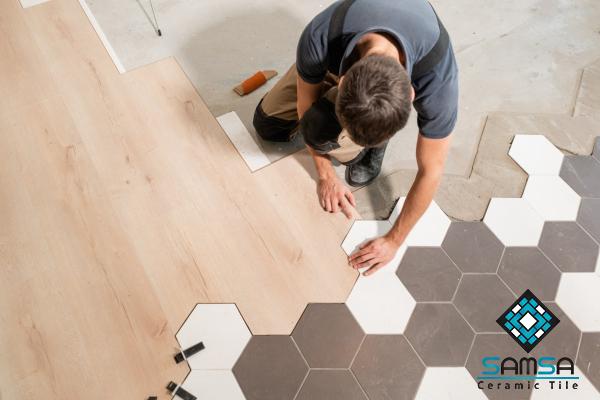
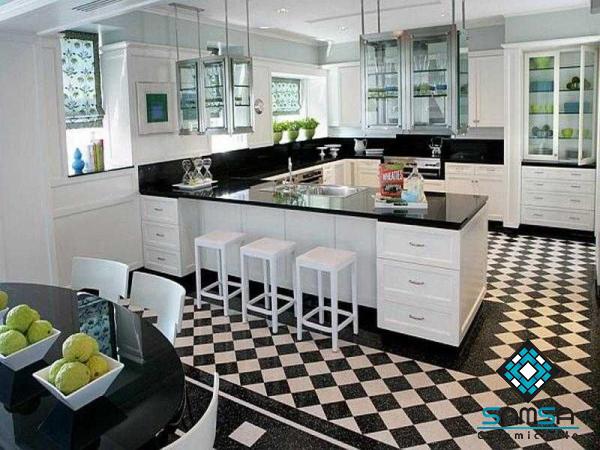
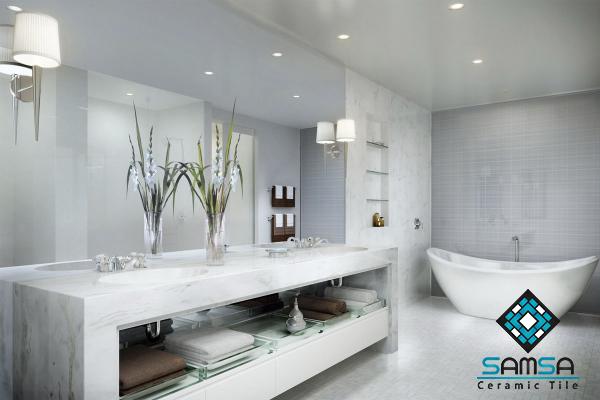
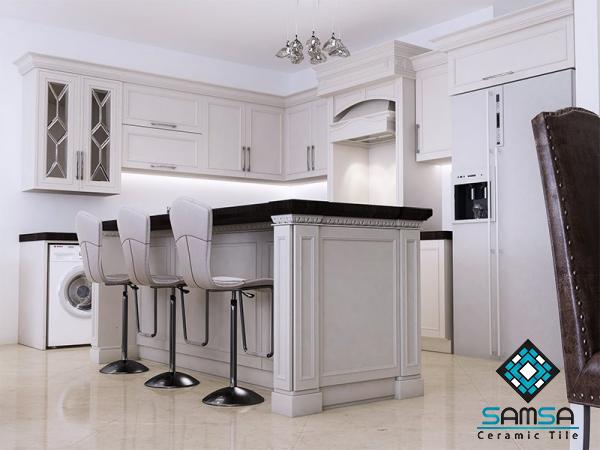
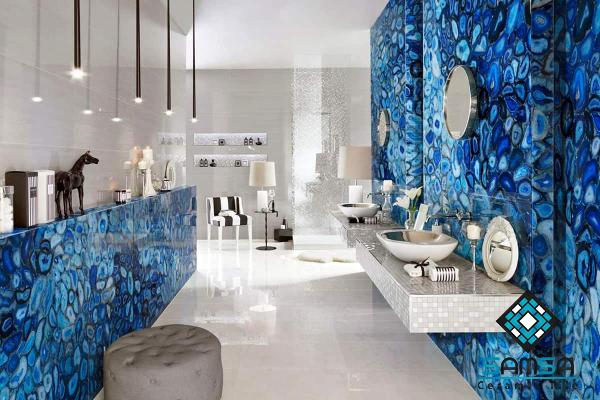
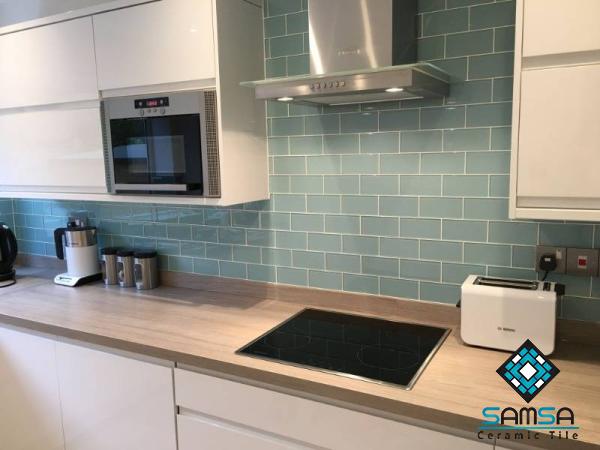

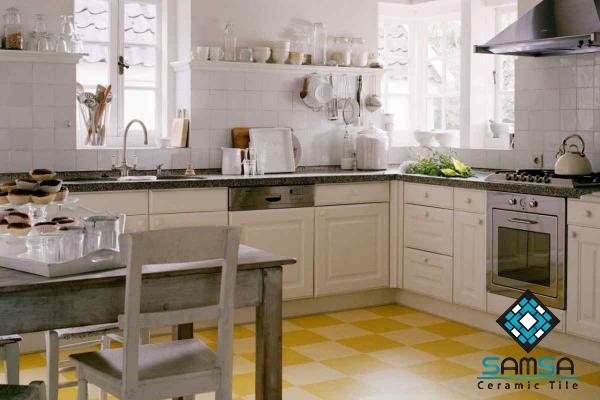
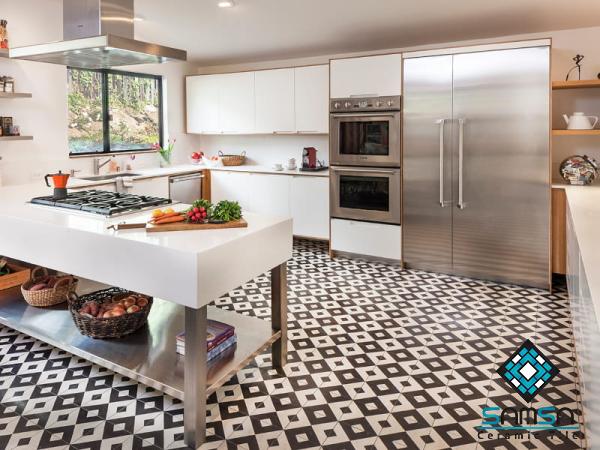
Your comment submitted.